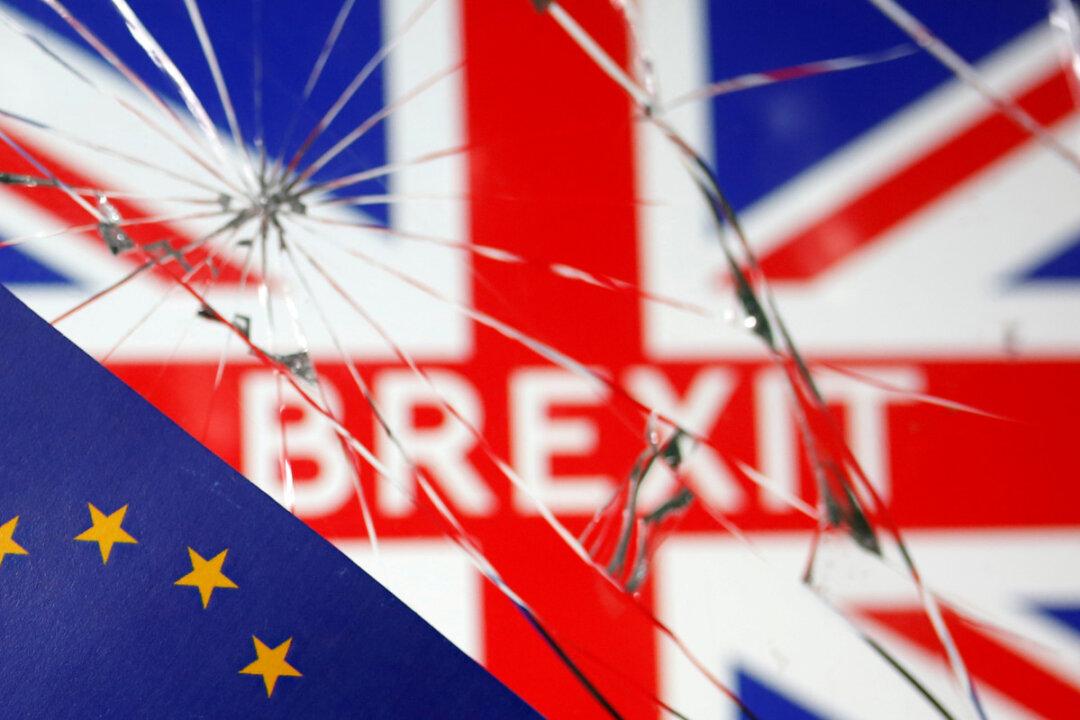The British government, in an urgent message to UK businesses on Oct. 12, told them to prepare for the end of the Brexit transition period whether a trade deal with the European Union (EU) is reached or not.
British businesses will play “an essential role” in ending the Brexit transition period smoothly and will have to tackle “guaranteed” changes to how they import and export goods, hire people from the EU, and provide services in the EU marketplace, Business Secretary Alok Sharma said, even if a trade deal with the EU is not reached.





